Take a break from dieting!
Recently I have become a bit more “anti-diet” - not because I am against people aiming for intentional weight loss - but because there is often not enough of a thought process when someone starts dieting. There is never an end date and, more importantly, many people are spending most of their year “trying” to diet which leads to feeling like they are on a diet year after year with very little deliberate time off. They end up feeling like they are dieting all the time, whether or not they are actually in a calorie deficit or not.
Dieting has become a way to belong. As our culture’s body and beauty ideals were created, conforming to them was not only a way to achieve status or worth, but a way to belong - something that dates back to when humans needed to belong to a group in order to survive. Our society has a strong negative bias against fat bodies. This is because body sizes are intertwined with morality and we have been conditioned to believe that thin bodies are inherently good, and fat bodies are bad. Therefore, as human beings with a strong need to belong, we feel like if we are able, or at the very least try, to make our bodies smaller, we will feel a sense of belonging. Studies have shown that a lot of the time, people are accepted in our society only when they are thin, or in the pursuit of thinness.
In the book “Unapologetic Eating”, an interviewee said:
“By dieting and making an effort to lose weight, I was attempting to show people that I deserve to be seen as valuable and to be treated well. When I was actively trying to no longer be fat, I fit into the box that society liked: I was being a “good” fat person, and I was congratulated for doing the “right” thing. Now that I have given up dieting and chosen to embrace my body, rather than attempt to shrink it, people don’t know what to do with me. I can no longer pretend that I am trying to fit in, within a society where striving for the thin ideal is so ingrained. “
This for me is why I feel so many people spend their years “dieting”, even if they don’t achieve any weight/fat loss - because they feel like they should be dieting in order to be accepted.
If you want to follow a diet to lose weight, then here are the approaches we suggest:
Pick an 8–16-week period where you will have to make sacrifices and actively work to be in a deficit. Then spend the rest of year eating in a more balanced way, but at maintenance to maintain your diet weight loss. This will not only keep your period of diet/restriction to a minimum, but it will allow you to actually just live the rest of the year and work on maintaining your weight (which is as, if not more important, than the diet). This approach may mean it taking it you years to get where you want to be, but it will be sustainable and also allow you to not feel like your whole life is a diet.
Get rid of all your “unhealthy” habits and make them lasting changes. This will likely result in some weight loss but since it’s simply a lifestyle change, you will be able to maintain it more easily. This could be as simple as cutting out regular coke to coke zero, or simply going from never exercising to starting to exercise or be more physically active on a regular basis.
Accept that your set point weight is a bit higher than you’d like, and that the kilos you want to lose are ‘vanity kilos’. Trying to diet past your set point, and to a weight that is lighter than that, could mean pushing your body past the point where it is healthiest. In order to keep these ‘vanity kilos’ off, you will likely need to spend most of your lifes restricting or sacrificing certain things (in terms of amount of activity/exercise, or food and drink). Our bodies are not all meant to be super slim, and the sooner we accept that different body types exist the happier we can all be.
So, if you’ve been “attempting” (and I put that in quotation marks because if you’ve been trying to diet without weight loss then you’ve been attempting) a diet year after year, just stop and take the rest of the year off. Give yourself the mental break and allow yourself to live. This doesn’t mean eat mindlessly, stop exercising and everything people think will happen when they stop dieting, but just allow yourself to focus on being healthy, exercising and living your life. Then if next year, after your extended break, you still feel like dieting, then set out an 8-12 week diet plan and stick to it before focusing on maintenance in the long term.


